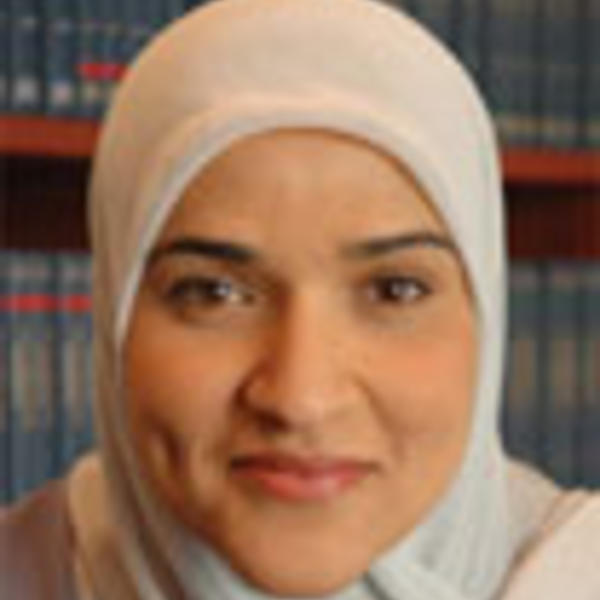Recognized as one of the world’s most influential Muslim women, Dalia Mogahed will give a lecture on “Women After the Arab Spring Revolution: Rights and Religion,” Thursday, Feb. 21 at 4:30 p.m. in Rehm Library, Smith Hall at the College of the Holy Cross.
Mogahed is executive director and senior analyst at the Gallup Center for Muslim Studies and co-author of “Who Speaks for Islam? What a Billion Muslims Really Think” (Gallup Press, 2008). The book draws on empirical evidence from a six-year study conducting tens of thousands interviews with Muslims living in more than 35 predominately Muslim countries.
In this talk, Mogahed will share her recent work studying Muslim attitudes on the meaning and impact of the Arab revolutions. She will examine the Arab Spring from a woman’s perspective and outline the most important factors necessary to build gender-just societies.
In her research, Mogahed found no link between religious views and progress for women. Instead, she suggested, support for women’s rights was tied to men’s employment and education levels.
“Human development, not secularization, is what's key to women's empowerment in the transforming Middle East,” she said in a 2012 TED talk.
In 2010, Arabian Business magazine recognized Mogahed as one of the most influential Arab women in the world, and The Royal Islamic Strategic Studies Centre included Mogahed in its 2009 and 2010 lists of the 500 most influential Muslims. Her analysis has appeared in publications including The Wall Street Journal, Foreign Policy magazine, the Harvard International Review, and many other academic and popular journals. An American scholar of Egyptian origin, Mogahed holds a bachelor’s degree in chemical engineering from the University of Wisconsin and an M.B.A. from Joseph M. Katz Graduate School of Business at the University of Pittsburgh. Prior to joining Gallup, she was the founder and director of a cross-cultural consulting practice in the U.S. In 2009, President Barack Obama appointed her to his Faith-based and Neighborhood Partnerships Advisory Council.
Mogahed’s talk at Holy Cross, presented by the Rev. Michael C. McFarland, S.J. Center for Religion, Ethics and Culture at Holy Cross, is free and open to the public. To learn more about McFarland Center events and to find lectures online, visit www.holycross.edu/mcfarlandcenter.
About the Rev. Michael C. McFarland, S.J. Center for Religion, Ethics and Culture:
Established in 2001 and housed in Smith Hall, the McFarland Center for Religion, Ethics and Culture provides resources for faculty and course development, sponsors conferences and college-wide teaching events, hosts visiting fellows, and coordinates a number of campus lecture series. Rooted in the College's commitment to invite conversation about basic human questions, the Center welcomes persons of all faiths and seeks to foster dialogue that acknowledges and respects differences, providing a forum for intellectual exchange that is interreligious, interdisciplinary, intercultural, and international in scope. The Center also brings members of the Holy Cross community into conversation with the Greater Worcester community, the academic community, and the wider world to examine the role of faith and inquiry in higher education and in the larger culture.
Muslim Researcher to Address What Arab Spring Means for Women

Read Time
2 Minutes